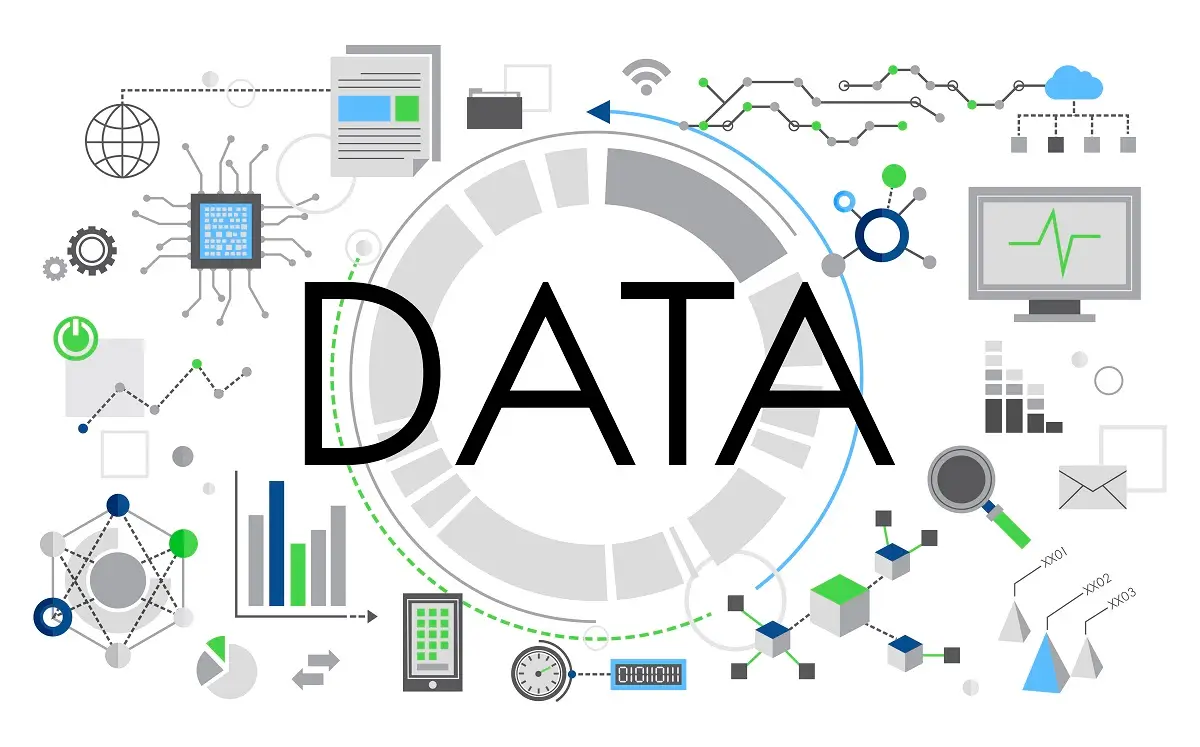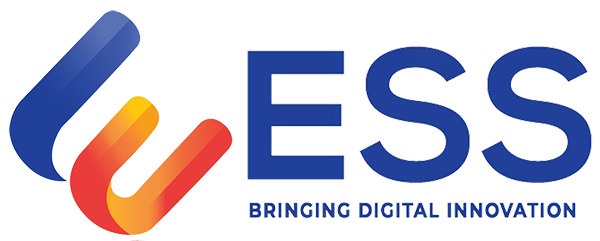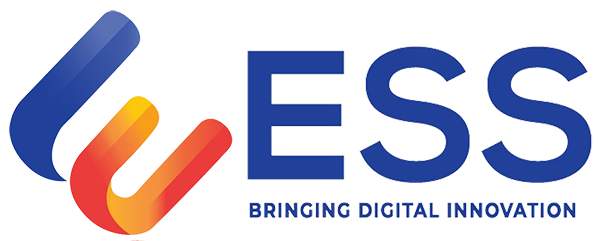We are creative, ambitious and ready for challenges! Hire Us
//Connect. Transform. Deliver.
Expert-Driven Data Integration & Transformation, Data Warehouse Modernization, and Cloud Migration Services
Expert Data Integration Services ensure seamless connectivity between systems, applications, and databases — delivering unified, accurate, and real-time data flow for smarter decisions and improved efficiency.
Let's Build Your Dream Website


Elohim Software Solutions
Data Integration Services
Data Integration Services unify data from multiple sources — including CRMs, databases, and cloud platforms — into one centralized system for seamless access and real-time analytics. Using ETL (Extract, Transform, Load) processes, data is cleaned, standardized, and synchronized to ensure accuracy, enabling powerful business intelligence and data-driven decision-making across your organization.
Boomi
Some key features of Boomi include:
Boomi Integration Platform (Dell Boomi) is a powerful cloud-based iPaaS solution that enables seamless data integration, application connectivity, and workflow automation. With low-code integration tools, it connects on-premise and cloud systems, synchronizes data across ERP, CRM, and SaaS applications, and automates complex business processes — driving real-time data exchange, scalability, and digital transformation.
Cloud-based Integration
Boomi is a cloud-native platform that allows organizations to create, deploy, and manage integrations in the cloud, eliminating the need for on-premises infrastructure.
Drag-and-Drop Interface
Boomi provides a visual, drag-and-drop interface that allows users to create integrations using a graphical interface, making it easy to design, configure, and manage integrations without the need for extensive coding.
Pre-built Connectors
Boomi offers a wide range of pre-built connectors to popular applications, systems, and databases, including Salesforce, SAP, NetSuite, AWS, Microsoft Azure, and many others, making it easier to integrate with commonly used business applications.
Data Transformation
Boomi provides data mapping and transformation capabilities that allow users to easily transform data from one format to another, such as JSON to XML or vice versa, and apply data validation, enrichment, and cleansing rules.
Workflow Automation
Boomi allows users to create and automate workflows to orchestrate complex business processes involving multiple systems, applications, and data sources.
Real-time and Batch Integration
Boomi supports both real-time and batch integration patterns, allowing organizations to choose the most appropriate integration approach based on their requirements.
Monitoring and Management
Boomi provides monitoring and management capabilities that allow users to monitor integration processes, track performance, troubleshoot issues, and manage integrations across the organization.
Security and Compliance
Boomi offers built-in security features, such as data encryption, user authentication, and role-based access control, to ensure the security and compliance of data during integration processes.
Boomi
Boomi is widely used by organizations of all sizes and across various industries for data integration, application integration, and workflow automation needs. It provides a scalable, flexible, and cloud-native integration platform that helps organizations streamline their business processes, improve data visibility, and enable seamless data exchange across different applications and systems.
// Let's Work Together
Bring Your Project to Life with Our Expertise Today
// Data Integration Services – FAQs
Looking to Simplify Your Data Integration? Here’s How We Can Help.
1. What is data integration?
Data integration is the process of combining data from multiple sources—such as databases, cloud apps, and ERP/CRM systems—into a unified view for analytics, reporting, and decision-making.
2. Why is data integration important for businesses?
It eliminates data silos, ensures accurate reporting, enables real-time insights, and supports data-driven decision-making across the organization.
3. What types of data integration methods exist?
Common methods include ETL (Extract, Transform, Load), ELT (Extract, Load, Transform), real-time integration, batch processing, and API-based integration.
4. Can data integration work with cloud and on-premise systems?
Yes. Modern data integration platforms like iPaaS and cloud-based solutions enable seamless connectivity between on-premise systems, cloud applications, and hybrid environments.
5. What are common use cases for data integration?
- Business intelligence and analytics
- CRM and ERP synchronization
- Data warehouse consolidation
- Automated workflows
- Cloud migration projects
6. How does data integration improve business efficiency?
It automates data flows, reduces manual errors, ensures timely availability of accurate data, and enables unified reporting across systems.
7. What is the role of ETL in data integration?
ETL (Extract, Transform, Load) extracts data from multiple sources, transforms it into a consistent format, and loads it into a target system, such as a data warehouse or analytics platform.
8. Are data integration services secure?
Yes. Modern platforms ensure data encryption, access control, compliance with standards, and secure API connectivity to protect sensitive information.
9. Can small businesses benefit from data integration?
Absolutely. Even small and mid-sized businesses can streamline operations, automate reporting, and gain actionable insights through scalable data integration solutions.
10. How do I choose the right data integration service?
Consider factors like source compatibility, real-time vs batch processing needs, cloud/on-premise support, scalability, security, and vendor expertise in integration platforms.

